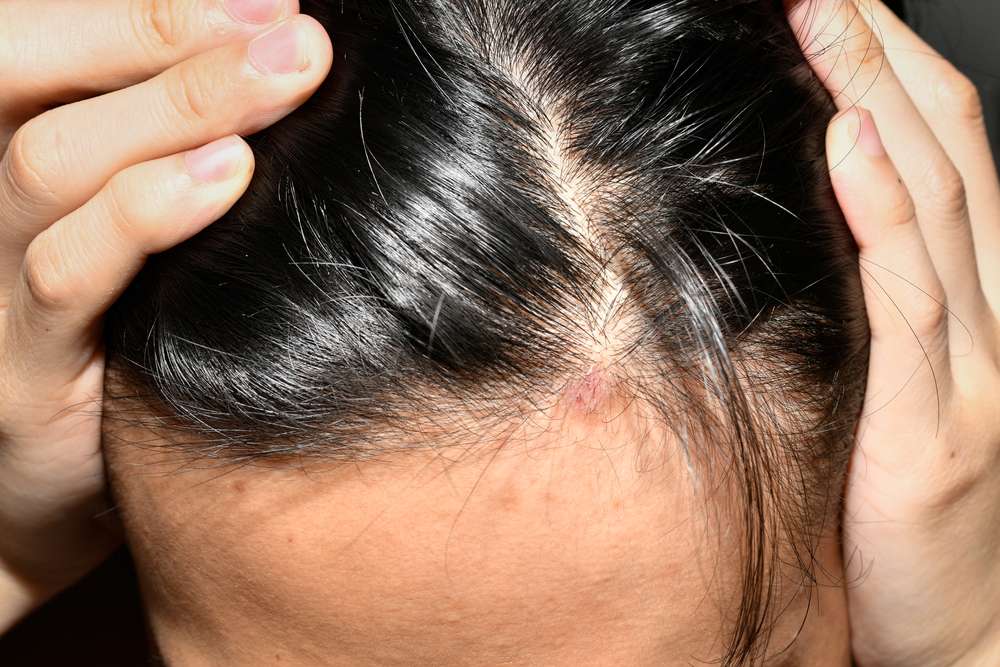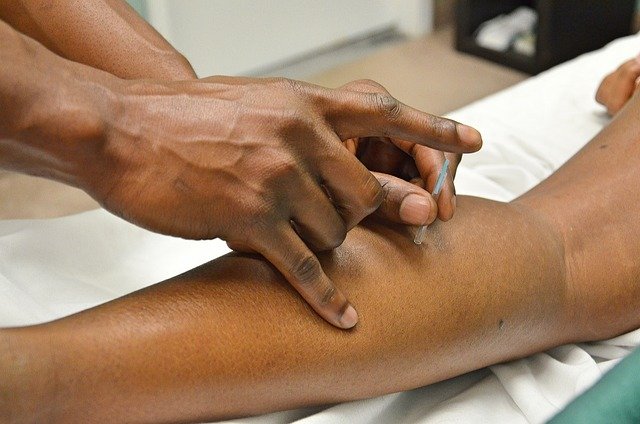Scalp Psoriasis in Seniors – Symptoms, Causes, and Relief Tips
Scalp psoriasis is a common condition among seniors that can cause itching, flaking, and discomfort on the scalp. While it’s not contagious, its symptoms can affect self-esteem and daily life. Understanding the underlying causes, recognizing early signs, and exploring effective relief strategies can help seniors manage the condition and maintain healthier, more comfortable hair and scalp.

Understanding Scalp Psoriasis in Older Adults: Key Signs to Watch
Recognizing the symptoms of scalp psoriasis is crucial for prompt and effective management, particularly in seniors. The condition typically manifests as red patches on the scalp covered with silvery-white scales. These patches may extend beyond the hairline onto the forehead, neck, and behind the ears. Seniors often report intense itching, which can lead to scratching and subsequent scalp injuries. Flaking that resembles dandruff but is more severe and persistent is another common sign. Many older adults also experience a tight, uncomfortable sensation as if the skin is being stretched.
For seniors specifically, these symptoms may be complicated by age-related dryness of the scalp, making the condition appear more severe. Another distinguishing factor in older adults is that the plaques tend to be thicker and more stubborn to treat, often requiring more dedicated management approaches. If left untreated, the condition can lead to temporary hair thinning or loss, which can be particularly distressing for seniors already experiencing age-related hair changes.
Common Triggers and Causes of Scalp Psoriasis in Seniors
While the exact cause of psoriasis remains incompletely understood, research indicates it stems from an immune system dysfunction that accelerates skin cell growth. For seniors, several specific factors may trigger or worsen scalp psoriasis. Medications commonly prescribed to older adults, such as beta-blockers for heart conditions and lithium for mental health disorders, are known to exacerbate psoriasis symptoms in some individuals.
Stress plays a significant role in flare-ups, and seniors facing major life changes like retirement, loss of loved ones, or health challenges may experience worsening symptoms during these periods. Seasonal changes also affect many seniors with scalp psoriasis, with cold, dry winter months typically causing more severe symptoms. Infections, particularly streptococcal infections, can trigger guttate psoriasis, a form that sometimes affects the scalp.
The presence of comorbidities common in seniors, such as diabetes and heart disease, may further complicate psoriasis management, as these conditions share inflammatory pathways. Furthermore, seniors with compromised immune systems due to age or medications may experience more persistent or severe symptoms, requiring carefully tailored treatment approaches.
Relief Tips That Can Help Manage Scalp Psoriasis at Home
Several home-based strategies can help seniors manage scalp psoriasis symptoms effectively. Consistent moisturizing is fundamental—applying fragrance-free, hypoallergenic moisturizers to the scalp can reduce scaling and alleviate discomfort. Seniors should look for products containing ingredients like salicylic acid, which helps remove scales, or coal tar, which slows skin cell growth and reduces inflammation.
Regular but gentle shampooing with medicated products specifically formulated for psoriasis can help manage symptoms. Seniors should avoid harsh rubbing or scratching, as this can worsen inflammation and potentially lead to infection. After washing, applying the prescribed topical treatments to a slightly damp scalp can improve absorption and effectiveness.
Diet modifications may also provide relief for some seniors. While evidence varies, some studies suggest that anti-inflammatory foods like fatty fish (salmon, mackerel), colorful fruits and vegetables, nuts, and olive oil may help reduce inflammation throughout the body, potentially improving psoriasis symptoms. Conversely, some seniors find that limiting processed foods, sugar, and alcohol helps manage their condition better.
A Practical Guide to Scalp Psoriasis Care for Seniors
Managing scalp psoriasis requires a multifaceted approach tailored to the unique needs of seniors. For mild cases, over-the-counter medicated shampoos containing salicylic acid, coal tar, or ketoconazole may provide sufficient relief when used regularly. These products help remove scales and reduce inflammation, though seniors should be cautious about potential skin sensitivity and irritation.
For moderate to severe cases, prescription treatments may be necessary. Topical corticosteroids are often prescribed to reduce inflammation, with various potencies available depending on symptom severity. However, seniors should be aware that long-term use of high-potency steroids may lead to skin thinning, which is particularly concerning for older adults whose skin is already naturally thinner.
Other prescription options include vitamin D analogs like calcipotriene, which slow skin cell growth, or products combining corticosteroids with vitamin D derivatives for enhanced effectiveness. For severe cases resistant to topical treatments, dermatologists might recommend oral medications or biologic therapies, though these require careful consideration of potential interactions with other medications commonly taken by seniors.
How Seniors Can Recognize and Ease Scalp Psoriasis Symptoms
Early recognition of symptom changes is essential for effective management of scalp psoriasis in seniors. Keeping a symptom journal to track flare-ups and their potential triggers can provide valuable insights for both seniors and their healthcare providers. Documenting the effectiveness of different treatments also helps refine management strategies over time.
While addressing physical symptoms is important, seniors should not overlook the psychological impact of scalp psoriasis. The visible nature of the condition, particularly when it affects the hairline or causes significant flaking, can lead to embarrassment, social isolation, or depression. Support groups, either in-person or online, offer valuable emotional support and practical advice from others experiencing similar challenges.
Seniors should work closely with healthcare providers to develop a personalized treatment plan. Regular follow-up appointments allow for timely adjustments to medications and management strategies. Additionally, consulting with a dermatologist who specializes in geriatric care ensures that treatment approaches account for age-related skin changes and potential medication interactions.
This article is for informational purposes only and should not be considered medical advice. Please consult a qualified healthcare professional for personalized guidance and treatment.




